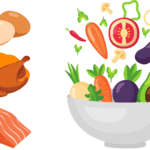
Berdi
urinary Track Health
Glutathione, often called the “master antioxidant,” plays a crucial role in keeping your body healthy by protecting cells from damage, supporting the immune system, and aiding detoxification processes. Did you know you can boost your glutathione levels naturally through food? If you’re looking for ways to enhance your health, keep reading to discover how to get glutathione from food and why it’s vital for your well-being.
Glutathione is a powerful antioxidant naturally produced in your liver. It consists of three amino acids: glutamine, glycine, and cysteine. Its main functions include:
Research shows that maintaining optimal glutathione levels can improve skin health, reduce inflammation, and enhance overall energy levels (Pizzorno, 2014). However, factors such as ageing, stress, poor diet, and environmental toxins can deplete glutathione levels, making it essential to replenish through diet or supplements.
If you’re wondering how to get glutathione from food, the answer lies in consuming foods that either contain glutathione or boost its production in the body. Here are the top food categories that help increase glutathione levels naturally:
Foods high in sulphur compounds play a key role in glutathione production because they support cysteine synthesis, one of glutathione’s primary building blocks. Examples include:
Studies show that sulphur-rich vegetables significantly increase glutathione levels in the body.
Some foods contain glutathione in its active form, which your body can absorb directly. These include:
According to research by the American Journal of Physiology, consuming glutathione-rich foods can effectively enhance your body’s antioxidant defences.
Proteins, especially those high in the amino acid cysteine, are essential for glutathione production. Good sources include:
These protein-rich foods provide your body with the building blocks necessary for glutathione synthesis.
Vitamin C plays a pivotal role in recycling glutathione and enhancing its effectiveness. Foods high in vitamin C include:
Research highlights that vitamin C supplementation can prevent glutathione depletion during periods of oxidative stress.
Selenium, a trace mineral, is essential for glutathione activation. Foods rich in selenium include:
Studies have demonstrated that a selenium-rich diet boosts the activity of glutathione peroxidase, an enzyme dependent on glutathione .
While eating a glutathione-boosting diet is beneficial, certain conditions may make it challenging to maintain adequate levels. Factors like chronic stress, illness, or pollution can overwhelm the body’s natural production. In such cases, a high-quality supplement like Route2Health’s 500 mg Glutathione can help bridge the gap.
This supplement provides a potent dose of glutathione, ensuring your body gets the antioxidant support it needs to thrive. Take the first step towards better health today!
Understanding how to get glutathione from food is essential for maintaining optimal health. By incorporating sulphur-rich vegetables, protein sources, vitamin C-rich fruits, and selenium-packed nuts into your diet, you can naturally boost glutathione levels. However, for individuals with increased oxidative stress or other health concerns, supplements like Route2Health’s 500 mg Glutathione can provide targeted support.
Take control of your health and prioritise your well-being—whether through food, supplements, or a combination of both.
Spinach, avocado, asparagus, and okra are naturally high in glutathione.
Consume sulphur-rich foods (like broccoli and garlic), high-protein foods, vitamin C-rich fruits, and selenium-rich nuts.
Yes, cooking can reduce glutathione levels in foods, so raw or lightly cooked options are better.
No, glutathione is also produced by the liver and can be taken as a dietary supplement.
Foods can help boost glutathione, but supplements may be needed if you have higher oxidative stress or deficiency.


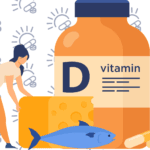

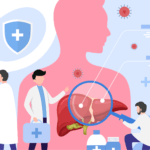
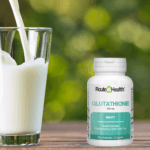

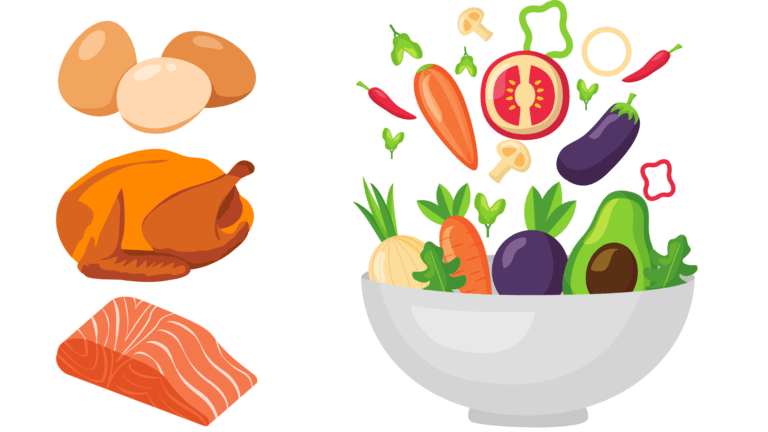
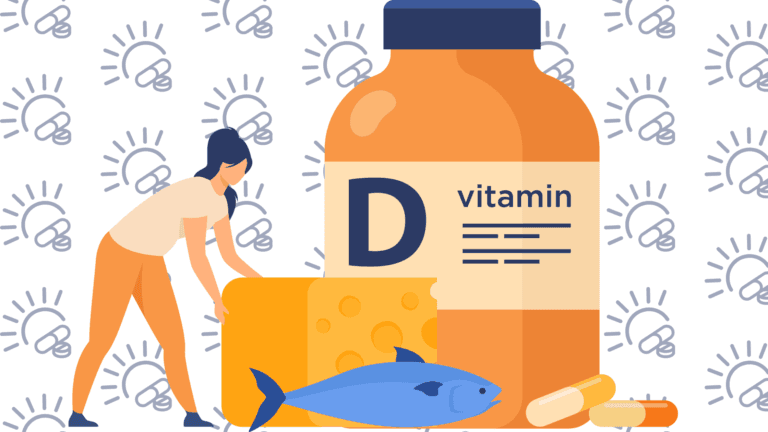

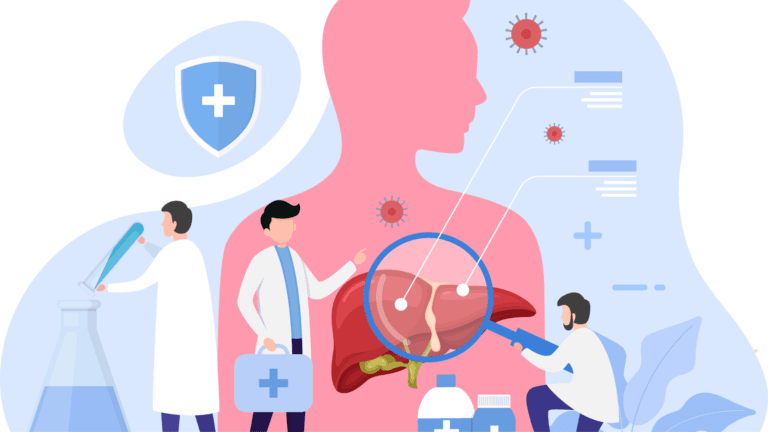
©2023 Route2Health®️
NTN: 2229383
AN ASSOCIATED COMPANY OF HIGHNOON LABORATORIES
STRN: 0301999937728

WhatsApp us
